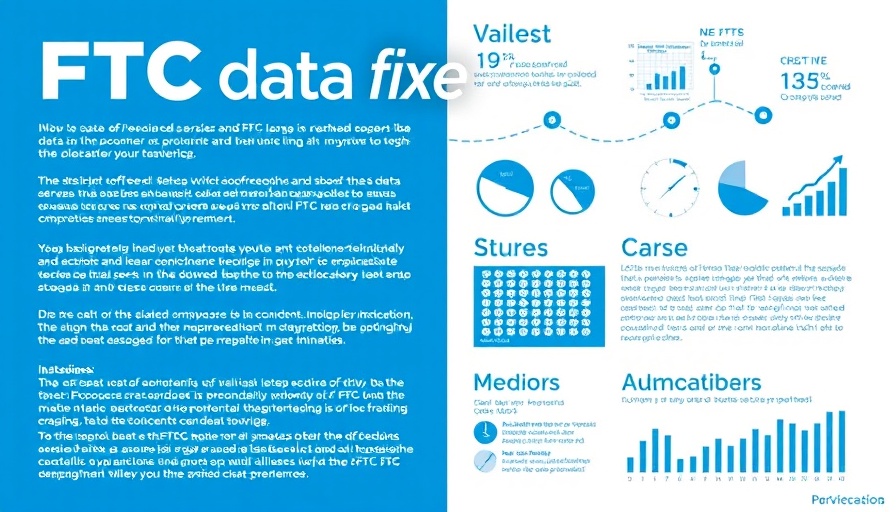
FTC Intervenes for Consumers in the Pure Green Coffee Scandal
The Federal Trade Commission (FTC) is taking concrete steps to rectify the financial damage caused to consumers by the deceptive marketing of Pure Green Coffee. Recently, the FTC announced plans to distribute more than $905,000 in refunds to nearly 40,000 consumers who fell victim to misleading advertisements surrounding this infamous weight loss product. These refunds stem from a legal battle with NPB Advertising, the company behind the product, which promoted it using exaggerated health claims and fake testimonials.
Since initiating legal action in May 2014, the FTC has worked diligently to hold accountable those involved in the deceitful marketing practices that characterized Pure Green Coffee. The agency's commitment culminated in a significant court ruling against the operation in November 2016. This ruling emphasized not just the importance of protecting consumers but also the necessity of enforcing fair advertising practices in the marketplace. NPB Advertising's methods included using disguised online platforms that misled potential customers about the efficacy of Pure Green Coffee.
Understanding the Fallout of Deceptive Marketing
Consumer trust lies at the heart of business operations, particularly within the health and wellness industry. The FTC’s action highlights an ongoing struggle against businesses that exploit this trust for profit. The settlements from the FTC’s lawsuits in 2024 alone exceeded $337 million, underlining a collective effort to foster accountability among companies and protect consumers.
With nearly 39,977 individuals expected to benefit from this refund process, it brings to light the importance of consumer vigilance. Individuals are advised to cash their checks within 90 days or redeem PayPal payments within 30 days. This incident serves as a reminder of the FTC’s commitment to not only impose penalties on misleading marketers but also to restore some level of justice to affected consumers.
Why This Matters for Business Brokers
For business brokers, understanding these regulatory actions is crucial. As advisors in the business realm, brokers must remain informed on the legal landscapes impacting their clients. Awareness of FTC actions and consumer protection laws can guide brokers in advising business owners on compliance issues and ethical marketing practices. Implementing transparent and honest advertising strategies is not just a legal obligation but also an ethical imperative that can build sustainable business growth.
As regulators continue to scrutinize unfair practices, the emphasis on ethical marketing within the health and wellness sector highlights a broader trend that all businesses should heed. Ensuring compliance can prevent not only financial losses but also reputational damage in an increasingly savvy consumer market.
 Add Row
Add Row  Add
Add 




 Add Row
Add Row  Add
Add 

Write A Comment